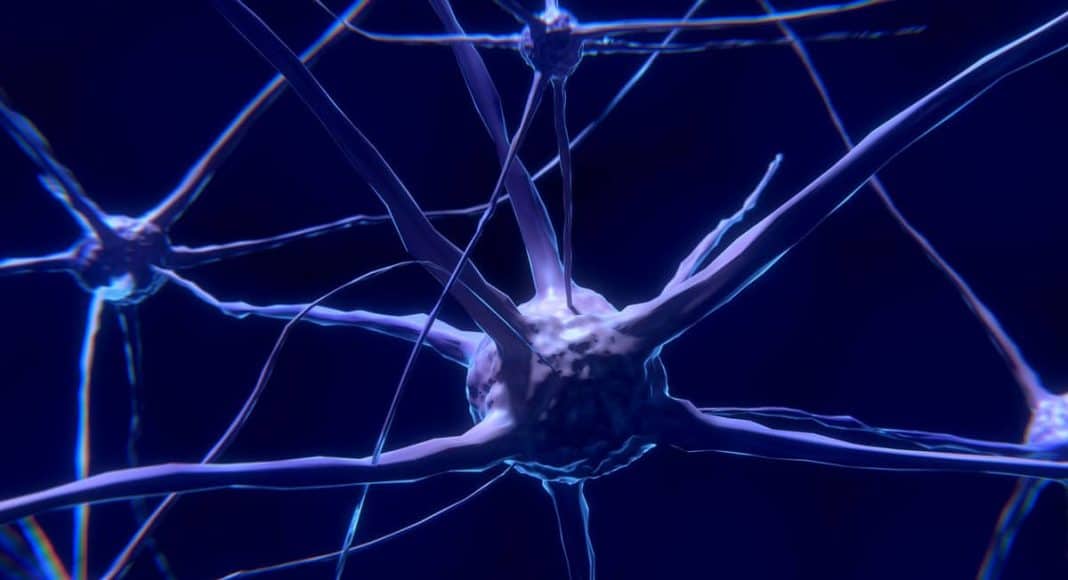One common refrain among cannabis legalization activists is that the drug’s current classification as a Schedule I drug inhibits meaningful research of the long-term effect marijuana has on the brain.
Though the research is limited, we are starting to understand how marijuana use affects the brain. In numerous ways the brain can adapt to chronic marijuana usage in surprising ways. Here’s how.
Reward Systems In The Brain
People who use marijuana consistently over a long period of time can experience changes to their reward systems. One study found that users who had smoked marijuana for 12 years on average showed more activity in their brain’s reward system when seeing pictures of smoking paraphernalia versus pictures of their favorite fruits.
“This study shows that marijuana disrupts the natural reward circuitry of the brain, making marijuana highly salient to those who use it heavily,” study author Dr. Francesca Filbey, an associate professor of behavioral and brain science at the University of Texas at Dallas, said in a statement.
While you might balk at the study’s variables—testing fruits against weed for longtime cannabis users seems like an obvious losing battle—it does demonstrate how the brain’s natural reward system can alter due to cannabis use.
Changes In Brain Size And Connectivity
This one’s interesting. Scientists wanted to test how smoking marijuana daily affects specific regions of the brain. So they tested 48 users who smoked three times a day every day, against 68 control subjects. They discovered those who’d smoked daily for more than four years had a smaller region of grey matter in an area called the orbitofrontal cortex, commonly associated with addiction.
In addition these users demonstrated greater connectivity across different brain regions. Connectivity measures how information well information can travel in the brain. The scientist who conducted the study suggested that the decreased grey matter could explain the increased activity.
“Neural Noise”
Marijuana’s main psychoactive compound THC could be the cause of “neural noise,” as one study showed. (Neural noise is considered random neural activity.) Researchers administered cannabis to participants via an IV and afterwards recorded increased neural noise. This included participants reporting symptoms of altered perceptions to reality and disorganized thoughts.
-
Related Story: How Medical Marijuana Can Help Those With ADD And ADHD Focus
“At doses roughly equivalent to half or a single joint, [THC] produced psychosis-like effects and increased neural noise in humans,” senior study author Dr. Deepak Cyril D’Souza, a Yale School of Medicine professor of psychiatry, said in a statement.
Weed And The Adolescent Brain
Currently there is conversation around if cannabis enacts long-term changes to the teenage brain. A pair of studies in 2016 showcased that smoking cannabis did not cause a long-term decline in IQ. The studies were performed on twins, which allowed for scientists to closely distinguish between environmental influence and genetic factors.
These studies showed that while cannabis-smoking participants scored a lower IQ, the same decline was seen in their non-smoking counterparts. Though it should be mentioned a 2014 study did demonstrate a change in white matter among chronic teenage cannabis users. This, scientists said, could lead to difficulties with attention and impulsivity. The white matter changes, however, were not seen in users over the age of 16.


